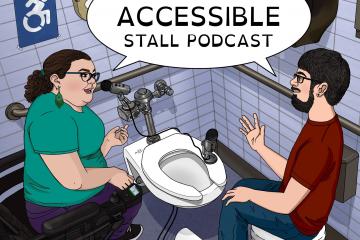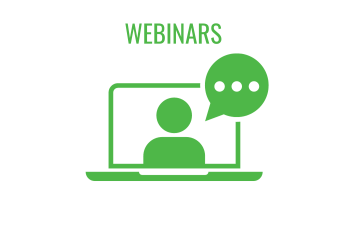Building Independence
Children with cerebral palsy have more complex self-management and self-care demands than children who are typically developing. They have to learn how to deal with medications and they may have to deal with medical equipment. At some point, they're going to have to learn about medical appointments.
Their calendars tend to be more complex and the tasks that they have to accomplish tend to be more difficult. They have the same desires as other children. They want to participate, they want to be involved and, when they're adolescents, they want to be independent. It can be very frustrating when they're not given the opportunity to do these types of tasks. For example, if they can't physically do a task, they could still direct other people in how to help them to get it done.
These are all the kinds of opportunities that are so critical for growing up in a way that is mentally healthy. If you're an adolescent with cerebral palsy and you're working toward independence, remember two things:
-
What you're trying to deal with is more complex than other kids. It may take longer, but you will continue to make progress if you keep pushing for it.
-
Even though it is very difficult, sometimes, to tell people what you need, it makes a big difference. If you can learn how to let others know how they can be helpful, this will go a long way in helping you toward independence.
"Children with cerebral palsy have more complex self-management and self-care demands than children who are typically developing."





